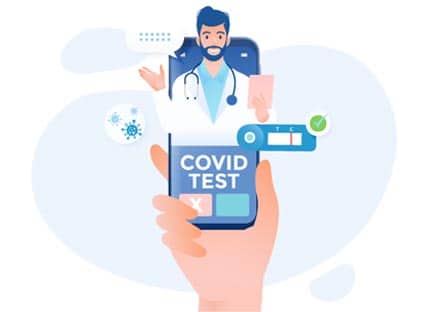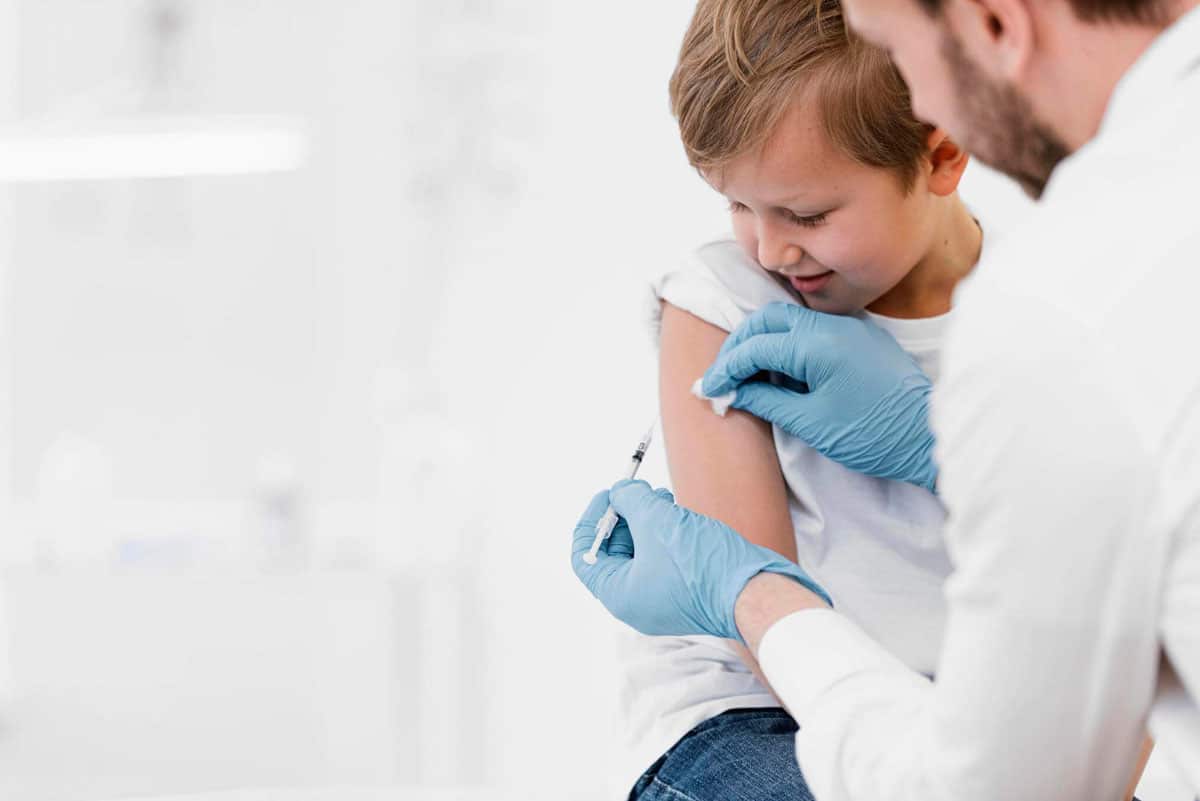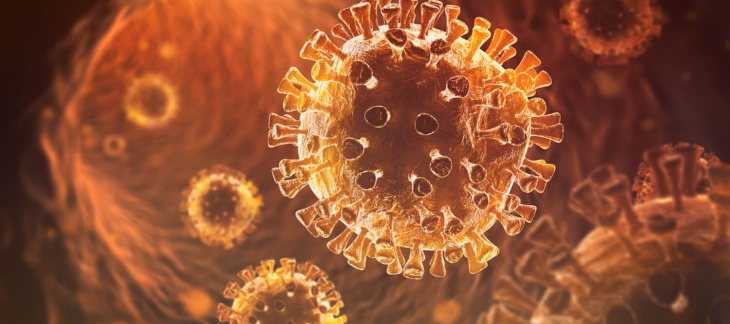Vaccines are a fundamental tool in the prevention of infectious diseases and have proven to be effective in protecting public health, both in children and adults. Vaccines are important in all stages of life, from childhood to adulthood. In children, vaccines are essential to protect them from serious diseases that can have devastating consequences, and in adults, vaccines are also important for maintaining health and preventing diseases.
Vaccines are preparations that contain a weakened or inactive version of a virus or bacteria. When administered to a person, the immune system learns to recognize and combat that specific pathogen, creating immune memory. This means that if the person is exposed to the pathogen in the future, their body will be better prepared to defend itself and prevent the disease.
The Importance of Keeping Vaccines Up to Date in All Stages of Life
Regardless of age, vaccines play a vital role in protecting health and well-being. It is essential to follow the vaccination schedule recommended by healthcare professionals to ensure effective immunization. Vaccines not only protect vaccinated individuals but also contribute to herd immunity, reducing the spread of infectious diseases in the community.
Below are some important vaccines that should not be missing from the vaccination schedule.
Hepatitis Vaccine
The hepatitis vaccine is crucial for preventing infection by Hepatitis A and B viruses, diseases that affect the liver and can cause serious complications. There are different types of hepatitis, each caused by a different virus. Hepatitis A and B vaccines are highly effective in preventing these diseases.
Hepatitis A: It is transmitted through contact with contaminated food or water. The hepatitis A vaccine is recommended for people traveling to countries with a high risk of transmission, as well as for people working with food or in close contact with infected individuals.
Hepatitis B: It is transmitted through contact with infected blood or bodily fluids. The hepatitis B vaccine is recommended for all newborns, as well as for people who have unprotected sex, use injectable drugs, or have contact with blood or bodily fluids in their work.
Vaccination is essential to protect against these forms of hepatitis and reduce the risk of chronic liver disease.
Tetanus Vaccine
Tetanus is a serious bacterial infection that affects the nervous system and can be fatal. The tetanus vaccine is an integral part of the vaccination schedule and is administered in combination with other vaccines such as diphtheria and pertussis. It is important to keep tetanus vaccination up to date, as the causative bacteria can be found in soil, dust, and animal feces, and open wounds pose a risk of infection.
Measles Vaccine
Measles is a highly contagious disease that can have serious complications, especially in young children. The measles vaccine is part of the childhood vaccination program and is administered in combination with vaccines against rubella and mumps (MMR vaccine). Maintaining high vaccination rates against measles is crucial to prevent outbreaks and protect the community at large.
You may also be interested in: Why to get a Flu Vaccine?
Vaccines are a powerful tool for preventing serious diseases and protecting public health. From childhood to adulthood, staying up to date with recommended vaccines is essential to ensure a healthy and disease-free life. Invest in your health and that of your community through immunization!
To start your children’s vaccination schedule or catch up, at Formé Medical Center you can access vaccines against hepatitis, tetanus, and measles. Contact us by calling 9147234900 or schedule your appointment.







